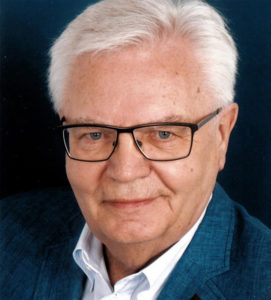
Due to the simultaneous crises and the disruptions they cause, the mood in the German economy is getting worse and worse. One example of this is the metal and electrical industry. According to a recent survey by the employers’ association Gesamtmetall, 17 percent of the companies surveyed see themselves in existential distress due to increased energy costs, and 68 percent see themselves affected “to a great extent” by the energy crisis. Total purchasing costs in the two industries have increased by 65 percent compared to 2021, and purchasing costs for gas and electricity have more than doubled with an increase of 115 percent. Two-thirds of companies say they cannot pass on these increases (12%) or cannot cover their costs (55%). Added to this are another 20 percent who are unable to estimate the extent to which costs can be passed on. In the automotive sector, the uncertainty is particularly high at 39 percent.
These are dramatic figures, which logically also have an impact on the earnings situation. Thus, 88 percent of the companies expect a drop in profits, in the SME sector it is almost 100 percent. 44 percent of all companies see themselves “economically endangered”. The survey is highly informative: 1,401 companies with 1.01 million employees took part. This corresponds to one fifth of all Gesamtmetall members with one quarter of all employees in the M+E industry. The companies are reacting: 86 percent are cutting or postponing investments, 40 percent are planning short-time work, and 34 percent are cutting staff. At the same time, those responsible are working on diversifying supply chains (58%) and also on the production footprint by relocating production abroad (27%). To better protect themselves, those who can are building up their financial reserves: That’s 26 percent, after all.
Maintaining your own autonomy through the right strategy
At ConMoto, we experience time and again that good companies are constantly getting better. Medium-sized companies often have their agility as a pronounced strength. They react very quickly and thus adapt to the latest developments. One example of this is EBM Pabst, the world market leader for ventilation equipment. The company’s new CEO, Klaus Geißdörfer, recently announced EBM Papst’s withdrawal as a supplier to carmakers in an interview with the Handelsblatt newspaper: “The quality we want only challenges us to a limited extent technologically and is not attractive for us as a supplier at the prices demanded,” he said. The same applies to the household appliance industry, he added. Instead, the company is now focusing on future industries and wants to develop and produce more fans for heat pumps and ventilation solutions for data centers. EBM Pabst is securing its own ability to act from an economically strong position. This has been made possible by high efficiency and a very good pricing policy in the past. Through an intelligent strategy and consistent action, the company has achieved a position that now creates a high degree of freedom in decision-making. I compliment this excellent strategy, which is the basis for maintaining autonomy.
More agency for your company despite disruptions
Securing this autonomy is enormously difficult in a time like this. There are too many disruptive changes. It is worthwhile to develop a strategy that is oriented towards the market and your own possibilities. All indirect processes need to be put to the test. It’s not just about costs, it’s about content. Purchasing has often been put in second place and is rather a vicarious agent of development and production than an active element. The opportunities for targeted cooperation are not being exploited. This applies not only to purchasing, but also to logistics.
Our experts are available for two-day workshops to help you get started on important projects. Book these at no cost and get to know ConMoto. Often, this develops into a long-term, trusting collaboration. ConMoto consultants bring strategic competence and implementation experience to the table: We stand for “Strategie & Realisierung”, that is strategy & implementation.



 Deutsch
Deutsch